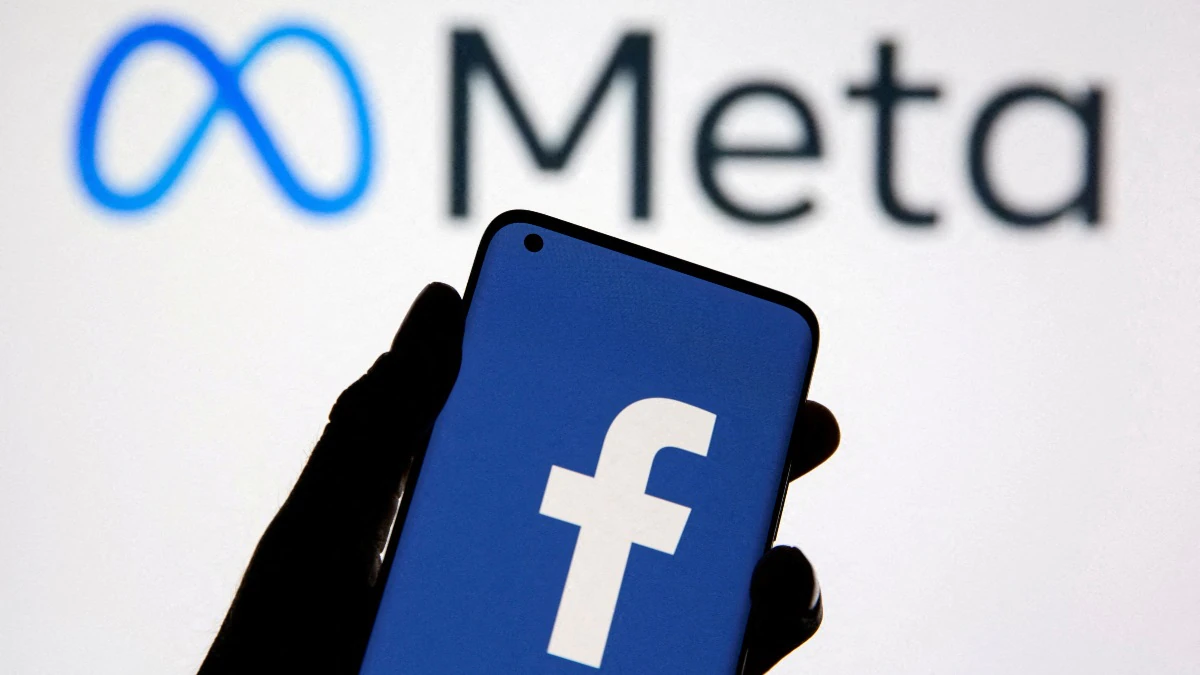Pipit Global and Cellulant Expands Into 12 New African Markets

Pipit Global, an international cash payments platform, and Cellulant, a pan-African payments company, have expanded their partnership agreement to include eighteen Sub-Saharan African countries.
The companies will provide both B2B and B2C payments services to existing and emerging financial institutions, eCommerce merchants, billers and billing platforms, mobile money providers and eWallets, digital financial service providers, and their customers through the partnership.
Despite the Covid 19 pandemic, remittances into Sub-Saharan Africa and intra-SSA remittances have remained robust. According to World Bank data, inflows into SSA fell by 1.4 percent in 2020, excluding the exceptional case of Nigeria, where economic factors other than the pandemic had a significant impact on remittances. In 2021, remittances have returned to pre-pandemic levels, with a 6.2 percent year-on-year increase for the region.
This resilience demonstrates the critical importance of diaspora remittances to Sub-Saharan African countries, which outnumber FDI and portfolio flows and are approaching levels comparable to ODA.
The cost of remittances into Africa and intra-African remittances, on the other hand, remains a significant challenge, a burden on senders and receivers, and a barrier to development.
At 8.2 percent, Sub-Saharan Africa continues to have the highest average international remittance costs. Intraregional remittance costs are even higher, with a $200 remittance between Tanzania and Uganda, for example, costing an exorbitant 23%.
The collaboration of Pipit and Cellulant will result in the development of ‘for-purpose’ remittances. Instead of the traditional model of peer-to-peer cash remittances, migrants will be able to pay bills and conduct e-commerce transactions directly with suppliers.
This model ensures that bills are paid and eliminates the possibility of ‘leakage,’ which occurs when remitted funds are not used for their intended purpose. It also reduces the receiver risk of cash collection.
In addition, in keeping with the goal of lowering remittance costs, the direct-to-biller model charges fees that are significantly lower than traditional remittance prices, resulting in significant savings for both senders and receivers.
Pipit Global CEO Ollie Walsh commented on the collaboration, saying, “Pipit Global was founded on the premise of promoting collaboration in the world of payments.” Making cash a core component of the digital economy, while retaining the cash economy and allowing for transitions between the two, provides true parity and freedom, and ultimately creates the social impact that drives global development and equality.
“Our collaboration with Cellulant will make these development and equality goals and aspirations a reality.”
The new market expansion comes just 5 months after the two companies announced a partnership to enable lower-cost remittances into Nigeria, Kenya, Uganda, Tanzania, Mali, Senegal, and Ghana.
“At Cellulant, we see digital payments as a significant opportunity to drive transformational change for businesses, households, and economies,” said David Waithaka, Cellulant’s Chief Business Officer for Enterprise.
“International and intraregional remittances are an engine for growth for many economies in Africa, providing resilience to financial shocks and improving livelihoods,” he said of the partnership. Lowering rates and powering for-purpose remittances is about having a direct impact on people’s lives for us.”
Technology and digital payments have been identified as a driver in reducing remittance transaction costs to less than 3% by 2030, as outlined in SDG 10, allowing for reduced inequalities within and between countries.







